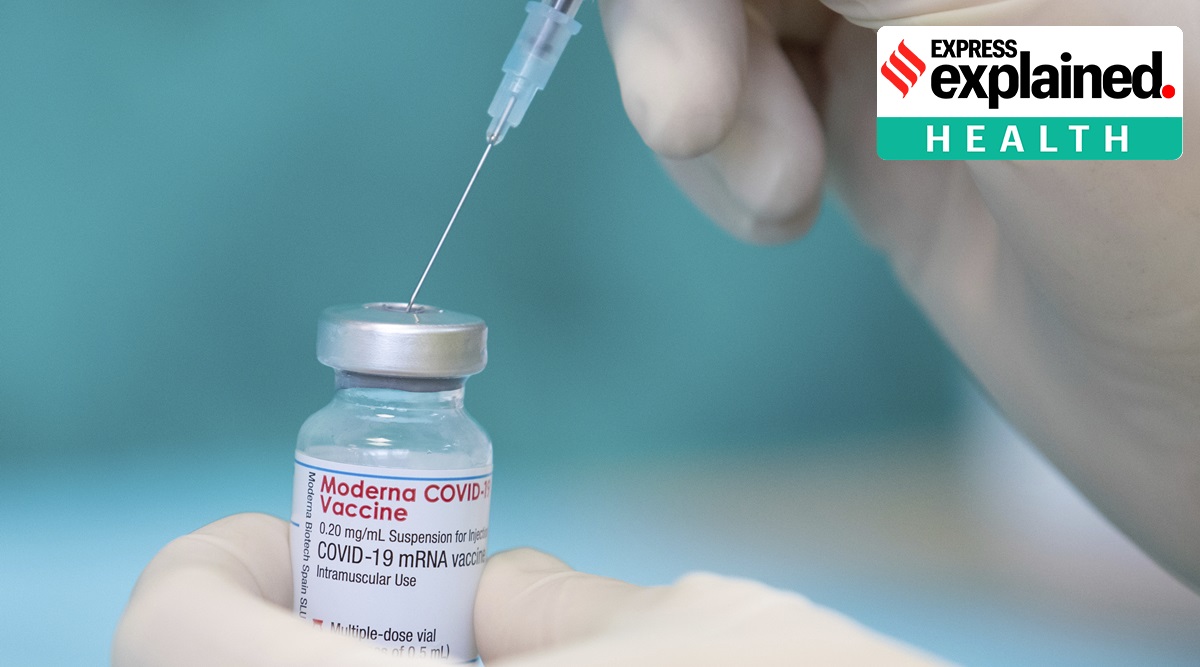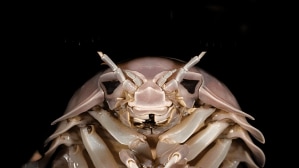New research: Moderna vaccine elicits immune response in infant model
The results, published in Science Immunology, suggest that vaccines for young children are likely important, safe tools to curtail the pandemic, according to the researchers.
 A nurse draws up the vaccine of the manufacturer Moderna against the coronavirus. (Friso Gentsch/dpa via AP)
A nurse draws up the vaccine of the manufacturer Moderna against the coronavirus. (Friso Gentsch/dpa via AP)A group of scientists reported that the Moderna mRNA vaccine and a protein-based vaccine candidate elicited durable neutralising antibody responses to SARS-CoV-2 in pre-clinical research with baby rhesus macaques. There were no adverse effects.
The results, published in Science Immunology, suggest that vaccines for young children are likely important, safe tools to curtail the pandemic, according to the researchers.
The strong neutralising antibody responses elicited by the vaccines in 16 baby rhesus macaques persisted for 22 weeks.
The researchers are conducting challenge studies this year to better understand potential long-lasting protection of the vaccines, the University of North Carolina says on its website.
To evaluate SARS-CoV-2 infant vaccination, the researchers immunised two groups of 8 infant rhesus macaques at 2.2 months of age and four weeks later at the California National Primate Research Center.
Each animal received one of two vaccine types: a preclinical version of the Moderna mRNA vaccine or a protein-based vaccine developed by the Vaccine Research Center of the National Institute of Allergy and Infectious Diseases (NIAID), part of the US National Institutes of Health.
Source: University of North Carolina Health Care
- 01
- 02
- 03
- 04
- 05






































